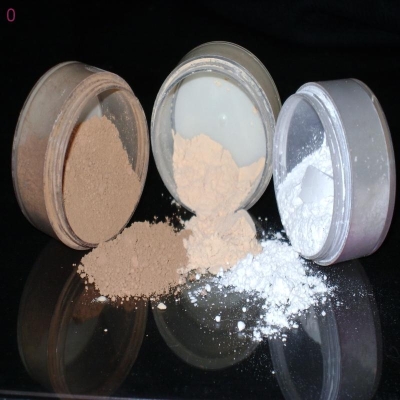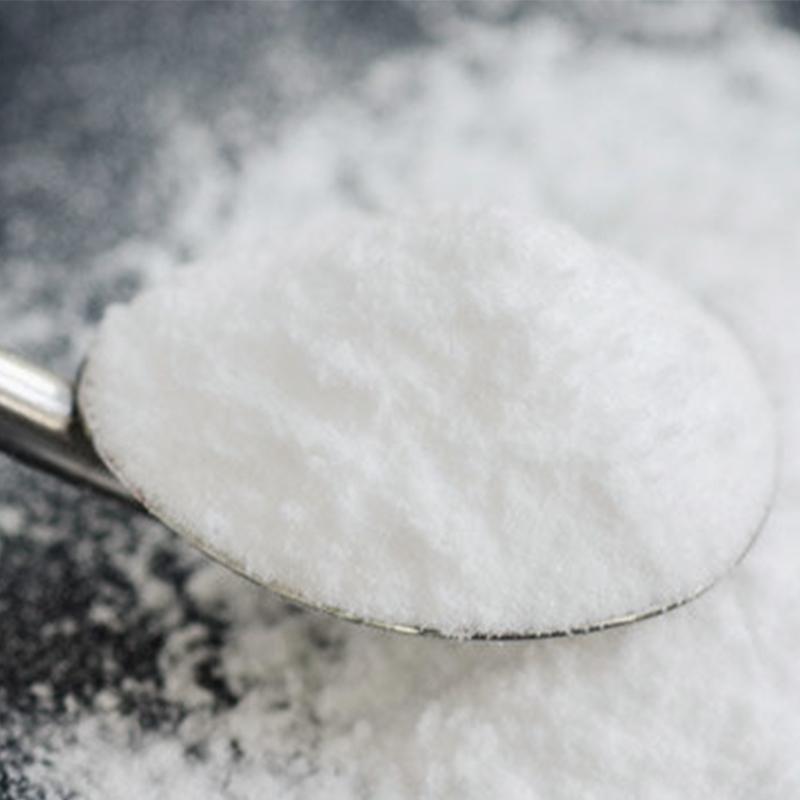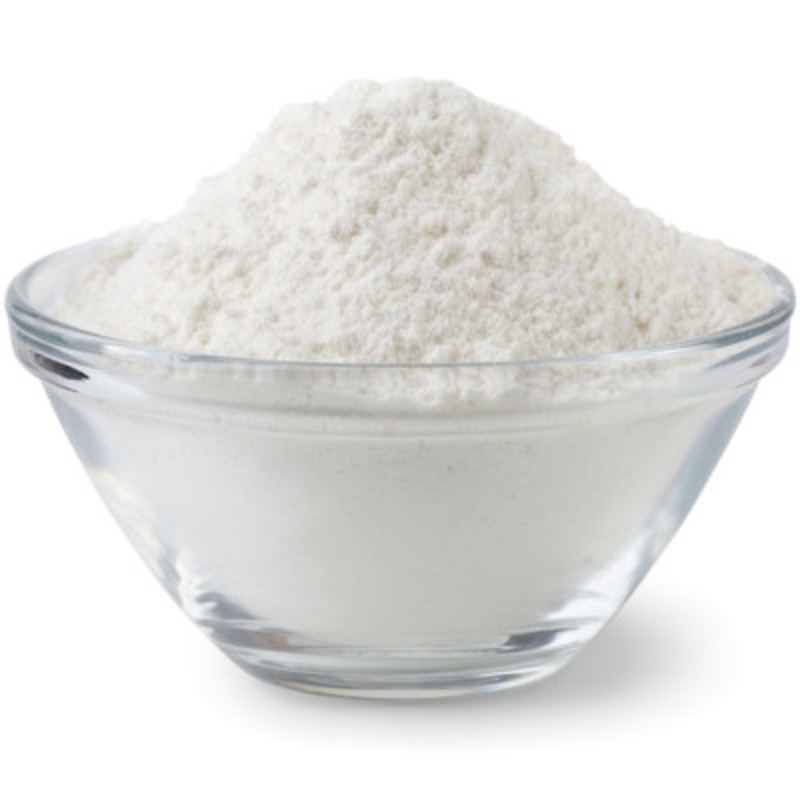-
Categories
-
Pharmaceutical Intermediates
-
Active Pharmaceutical Ingredients
-
Food Additives
- Industrial Coatings
- Agrochemicals
- Dyes and Pigments
- Surfactant
- Flavors and Fragrances
- Chemical Reagents
- Catalyst and Auxiliary
- Natural Products
- Inorganic Chemistry
-
Organic Chemistry
-
Biochemical Engineering
- Analytical Chemistry
-
Cosmetic Ingredient
- Water Treatment Chemical
-
Pharmaceutical Intermediates
Promotion
ECHEMI Mall
Wholesale
Weekly Price
Exhibition
News
-
Trade Service
Streptococcus lactic acid peptides, a common food preservative, can slow or stop the development of certain types of cancer, according to new research.a commonly used food preservative, streptococcus lactic acid peptides, has been found to have anti-tumor potential, according to an article published in Cancer Medicine on Monday.U.S. researchers have found that antimicrobial preservatives slow cell growth (proliferation) and can cause programmed death in cancer cells by activating
CHAC1
, a protein known to affect cell death.In addition, studies have shown that streptococcus lactic acid peptides can slow or stop tumor growth by interfering with harmful cells in the cell cycle (not effective against normal cells), so that streptococcus lactic acid peptides can no longer damage normal cells to prevent cancer cell proliferation.The potential for treating cancer with small doses of antimicrobial drugs, such as streptococcus lactic acid, has unlimited potential," said study lead researcher Professor
Yvonne Kapila
of the University of Michigan. Streptococcus lactic acid peptide is a good example because it has been used in humans for many years and has proven to be safe and is now supported by laboratory research."
Anti-cancer potential the researchers explain, antimicrobial agents such as streptococcus lactic acid can alter the properties of bacterial cells without harm., however, that scientists have only recently begun to explore whether the antimicrobial can alter the properties of other types of cells, such as tumor cells or cells located in tumors.the first in vitro and in vivo trials to show that antibacterial food preservatives are effective in reducing and preventing cancer, the researchers said.therefore, because preservatives are known to be safe in human applications, and the U.S.
FDA
and
WHO
also approve them for human consumption, the compound itself can be used as a natural therapeutic agent., they also noted that it was imperative to determine the optimal intake level of the antimicrobial during treatment.Test data fromin vitro and in vitro trials have shown that lactic acid streptococcus peptides can reduce
HNSCC
(head and neck scaly endottor cell cancer cells) by inducing tumor apoptosis), a mechanism regulated by activating
CHAC1
, which increases the amount of calcium inflow and induces cell cycle blocking.







